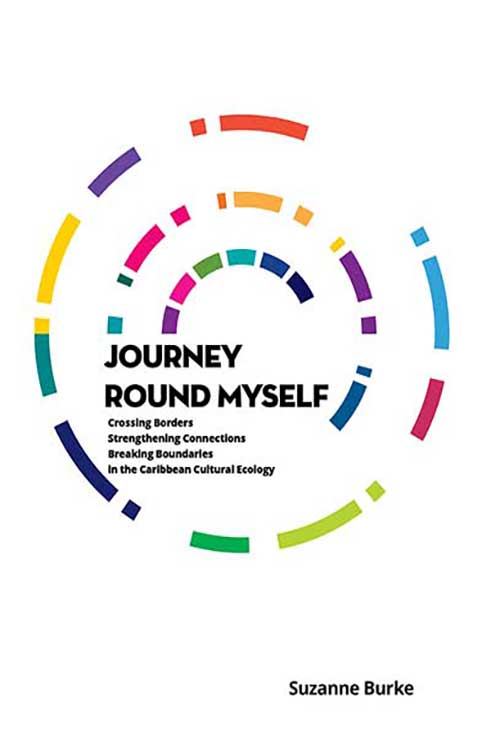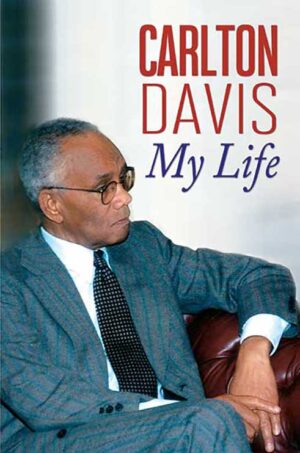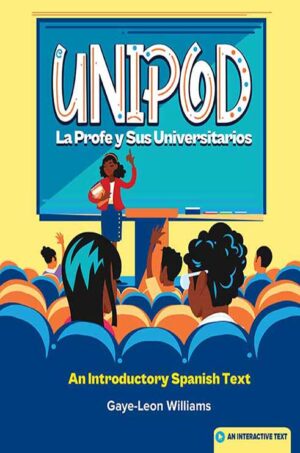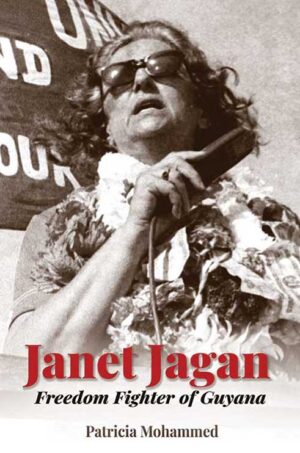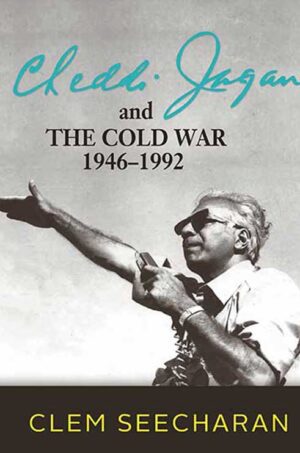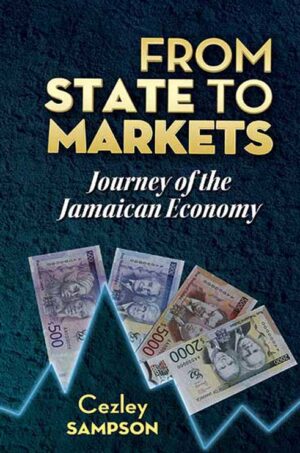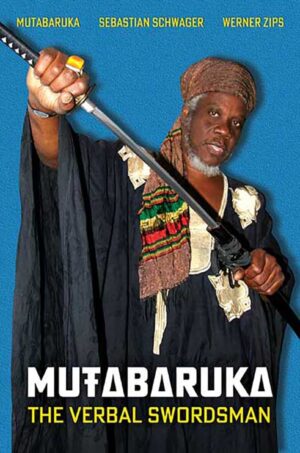Description
Journey Round Myself: Crossing Borders. Strengthening Connections. Breaking Boundaries in the Caribbean Cultural
Ecology is a multidisciplinary collection of essays that emanated from the CARIFESTA XIV symposium that bore the
same name. The essays presented here reflect on, interrogate, and expand Errol Hill’s 1999 thesis taken from his
article ‘Journey Round Myself,’ where he outlines what he believed constituted the key ingredients to foster the
deployment of Caribbean cultural resources and assets in the service of Caribbean development. The process of
arrival as charted by Hill requires critical self-interrogation, collaboration, imagination, and a keen sensitivity to
the wider world. The essays in this collection explore these elements and examine issues as varied as aesthetics,
space and place dynamics, the sacred arts, industries inculture, heritage and memory, national identities, agrarian
industries, climate change, and education. In so doing, they all underscore the challenges and beauty of the
Caribbean experience and offer various contemporary perspectives and debates about journeying through this
region and beyond.
Contents
Acknowledgements
Introduction
Suzanne Burke
Theme 1: Theorising the Space: Thoughts of Being and Becoming
To Change the Meaning of Everything 1
Kei Miller
Mythic Imagineries of Carib/Being and Becoming 14
Paula Morgan
Caribbean Returns: Performing Indigenous Epistemes, Feminism, and Economies in Trinidad Carnival 26
Jarula M. I. Wegner
Theme 2: Visual Cultures, Aesthetics, and Performance within Communities of Practice
(East) Indian Art and Caribbean Aesthetics 39
Kumar Mahabir
Jumbie Revolution: Healing Communities through Performance 64
Leah Brown
History and Immobility Performed: Wilfred Strasser and the Carnival Tableau 80
Sonja Dumas
Theme 3: Performance of the Sacred Arts
Ramleela: Trinidad and Tobago Folk Theatre; A Catalyst for Community Development 113
Satnarine Balkaransingh
The Pagan and the African: Reclaiming and Transforming the Label 127
Pearl Eintou Springer
Theme 4: Indigenous Agrarian Traditions
Boundary Plants in the Eastern Caribbean, Jamaica, Windward Island, and the Southern Caribbean 141
Michael Sheridan and Anthony Richards
Marijuana and Sustainable Development in the Caribbean 148
Marcus Ramkissoon
Theme 5: Industries in Cultural Development
Redefining ‘Brand’ for the Caribbean’s Creative Economy 167
Gabrielle Ferdinand
The Effects of Policy Culture on the Development of the Creative Industries in Trinidad and Tobago and Barbados
184
Alicia M. Shepherd
Facilitating the Development of a Living Ecology: Policy within the Context of the Cultural Industries in Trinidad and
Tobago 200
Keron Niles
The Local Green-Blue Enterprise Radar: Enabling MSMEs to Understand Their Role in a Resilient,
Inclusive, and Sustainable Caribbean Economy 217
Sasha Jattansingh and Nicole Leotaud
Theme 6: Heritage in Policy and Practice
Performing Indigenous History and Heritage as Part of Validating Cultural Resources – The UWI-DCFA’s Old Yard
229
Jo-anne Tull
Building Creative Heritage Appreciation in the Caribbean Community of Princes Town 252
Iezora Edwards
Bailey and Saldenha: From Historical Text to Historical Pageantry, 1955–65 264
Gelien Matthews
Theme 7: Educative Arts Practice
Building Consciousness through Ethno-Drama: A Case Study 277
Yvonne Weekes
Creative Characterising (CtC) for a Critical Consciousness 289
Brendon La Caille
Theme 8: Caribbean Literatures – A Tribute to V. S. Naipaul
From the Middle Passage to Port of Spain: V. S. Naipaul’s and Ismith Khan’s City Spaces 303
Kerry-Ann Abdool-Ramjattan
Kinky Metaphors: Painted Nipples and Political Overtones in V. S. Naipaul’s The Mimic Men 313
Meghan N. N. Cleghorn
Finding a Home for Ram in Trinidad: V. S. Naipaul’s A House for Mr Biswas and the Traditions of
Ramleela and Krishnaleela in Trinidad 322
Nivedita Misra
Theme 9: National Identities
Best Village Theatre: Compelling Presence, Emergent Form (The Evolution of a Caribbean Theatrical Genre)
339
L. Efebo Wilkinson
‘Red Woman’ Is Trouble 354
Renee Maria Cozier
BÉLÉ: History, Tradition, and a Performative Construction of a Nationalist Identity 368
Hazel Franco
Contributors 383
About The Author
Suzanne Burke is the head of the Department of Literary, Cultural and Communication Studies and coordinator of
the Cultural Studies Section at The University of the West Indies, St Augustine. Her main academic concern is
exploring the domain of culture as a vehicle for social and economic insight and transformation. Her research
focuses on Caribbean industries in culture, creative entrepreneurship, cultural policy formulation, and cultural
practice-based pedagogies.


